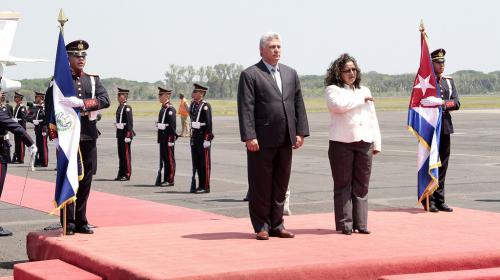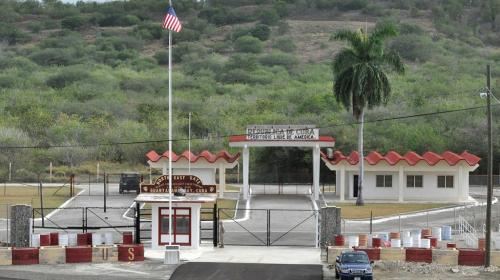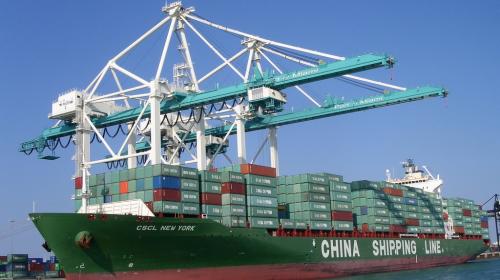Refugee cities offer countries with major refugee populations a designated space designed to overcome the obstacles to economic growth for both displaced people and host communities, writes Michael Castle Miller.
As the new U.S. policy in Afghanistan significantly expands the scope of military operations in the country, it is crucial not to overlook strategic soft power measures to counter the underlying causes and ideologies that give rise to extremism in the first place, writes Mehdi Hakimi.
This week, Cuba gets its first non-Castro president since the revolution began; chemical attacks in Syria spark airstrikes and inspections; Brexit talks begin; and more.
The Pacific Council has published our 2017 annual report, highlighting our collective work and impact as a foreign affairs organization over the past year.
An excerpt from Pacific Council member Mira Kamdar's new book, India in the 21st Century: What Everyone Needs to Know.
In the seven years since the beginning of Syria’s Civil War, the American response has not been effective enough to end the blood bath, including President Trump's most recent strike, writes Susan Baaj.
The time for improving the trial capacity and efficiency at Guantánamo Bay is now, before new prisoners are added to the population, write Jack Riley, Michelle Kezirian, Richard Goetz, and Jerry Green.
This week, the United States weighs how to respond to another alleged chemical weapons attack in Syria; tensions increase between Taiwan and China; the Catalonian secession crisis continues; and more.
As too many politicians and many of their constituents across America decry international trade and blame immigrants for a lack of economic and personal success, they might consider casting an eye to Los Angeles as a compelling counter-argument, write Jerry Green and Dan Schnur.
This week, the trade war between the United States and China escalates; President Trump orders National Guard troops to the U.S.-Mexico border; Cape Town’s Day Zero gets pushed back to 2019; and more.













